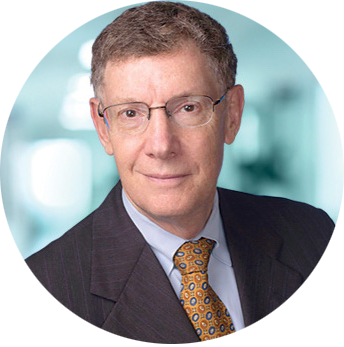Caffeine is the most widely consumed psychoactive agent in the world according to a recent comprehensive ten-page New England Journal of Medicine review article entitled, “Coffee, Caffeine, and Health.”
Coffee and tea have been consumed worldwide for hundreds of years to improve wakefulness and productivity. Caffeine content varies considerably; coffee, energy drinks, and caffeine tablets are the highest, with tea moderate, and soft drinks the lowest. All but 15% of American adults consume an average of 1.5 cups of coffee per day. Adolescents become acquainted with caffeine by drinking soft drinks and tea.
Current evidence does not suggest consumption of coffee for disease prevention, but evidence exists that consuming caffeine does slightly reduce the risk of some chronic diseases—coronary heart disease, stroke, obesity, melanoma, and nonmelanoma skin cancer, along with breast, prostate, endometrial, and hepatocellular cancers. Another interesting positive effect of coffee is the inhibition of gall stones, gall bladder cancer, and kidney stones. These observations are gleaned from many sources in the literature as the review has 95 references.
Please understand that consuming caffeine is neither preventative nor therapeutic. The observations of various effects of coffee or tea consumption may or may not be related to the physiological effects of the psychoactive agent—caffeine. While increased mental performance and heightened vigilance are some of the mental effects of caffeine, so are insomnia and anxiety, particularly in folks not already habituated to the caffeine “high.”
Depression may be slightly ameliorated, and caffeine combined with non-steroidal anti-inflammatories or Tylenol are more effective pain relievers for headaches and other causes of pain. According to a meta-analysis article combining information from many studies, the risk of Parkinson’s disease may decrease with the consumption of three cups of coffee per day.
Person-to-person variation in consumption, response, and underlying physiology creates a huge range of outcomes for consumers of coffee, tea, and other forms of caffeine. The metabolism of caffeine varies widely among people as well as during various times of their lives. Caffeine consumption during pregnancy is associated with lower birth weights and higher risk of miscarriage.
Quitting habitual caffeine consumption is not fun. Withdrawal symptoms include headaches, fatigue, decreased alertness, depressed mood, and influenza-like symptoms that last from a few days to a week.
Editorial comment: When we see cars lined up for takeout coffee, people meeting for “coffee,” and now co-workers on virtual calls sipping from a mug, we know they are getting an energy boost and perhaps preventing some infirmities.






